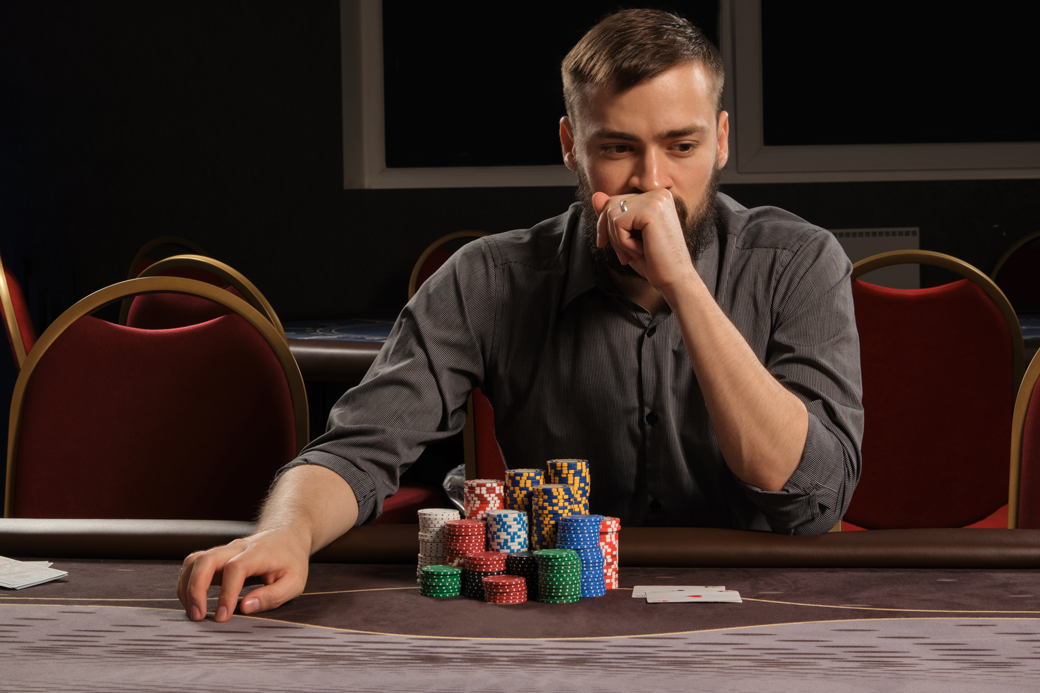
As someone who has struggled with gambling addiction for a long time, I personally understand the challenges of preventing a relapse into gambling addiction. One moment you feel like you’ve finally regained control, and the next moment you feel an irresistible urge to play. In this article, I will share my experiences in preventing a gambling addiction relapse as well as proactive strategies for long-term recovery.Understanding the consequences of gambling addiction
A relapse is the return to addictive behavior (in this case gambling) after a period of abstinence. In my experience, there are three stages of relapse: emotional, mental and physical.Emotional relapse – begins with subtle changes in emotions and behavior, such as: B. increased stress, irritability or withdrawal.Psychological relapse – involves thoughts about returning to gambling, rationalizing past behavior, or idealizing the “good times” associated with gambling.
There is a feeling that something is missing and life in recovery is boring.Physical relapse – means an effective return to playCauses and signs of a relapse into gambling. A relapse into gambling can be caused by many factors. In my experience, stress, financial difficulties and relationship problems are the main causes. In my case it was financial problems. I invested all my money into the project and unfortunately it didn’t work. I felt like I had failed, and to deal with it, I turned back to the game.
ADS
I wanted something to distract me and the game worked great.Identifying the various causes of gambling addiction and dealing with them is crucial to preventing gambling addiction relapses. You should also recognize warning signs, which may include mood swings, increasing secrecy about your finances, lack of personal responsibility, and lying to those close to you.How to prevent a relapse into gambling addiction
Here are some steps you can take to prevent a relapse into gambling addiction:Identify your triggers – Know the possible things that might tempt you to gamble and avoid situations that might tempt you.Develop Better Coping Mechanisms – Learn healthy coping mechanisms for dealing with stress, anxiety, and gambling, including meditation, yoga, journaling, etc.Limit Access to Money – If having cash is difficult for you, you can delegate control of your finances to a family member you trust.Block access to gambling apps and websites – Unlike a few years ago, today there are so many gambling websites and apps available that you can bet with just one click. This makes things more complicated, especially since we can no longer do without the telephone. I recommend self-exclusion.Ask for help: Talk to trusted friends, family, and other gambling addicts about your feelings and problems.A relapse is not a sign of failure, but part of the process. Understanding the triggers and signs of a gambling relapse can help you take proactive measures to stay on the path to recovery from gambling addiction. To learnmore, watch the video below:
ADS


